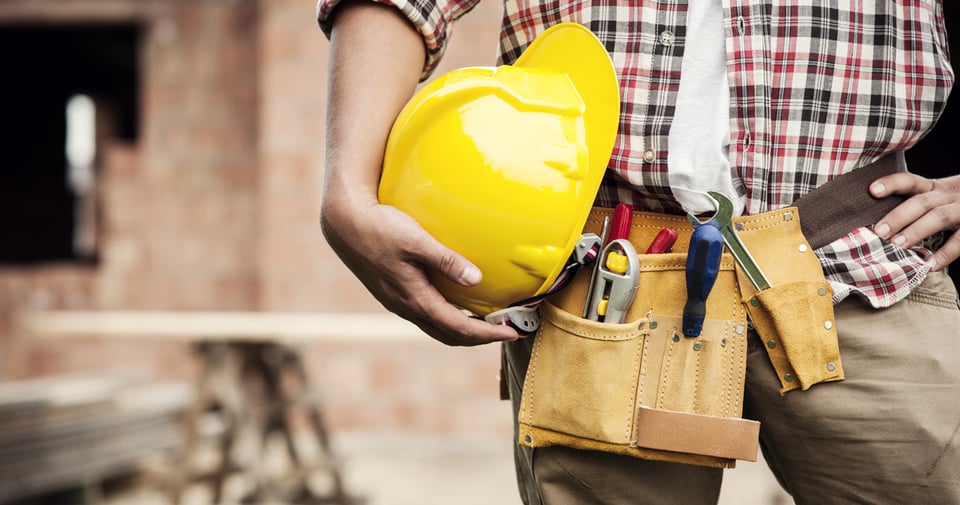
6 Things to Know Before Starting a New Home Construction Project
Sometimes the best way to find the perfect home is simply to build it from the ground up. New home construction can be a rewarding process, whether you’re taking advantage of residential growth or capitalizing on an available lot. Just remember to weigh your options and do your homework.
The following are some particulars to keep in mind before starting a new home-building project.
Pad the budget
One big pitfall with first-time home-builders is a budget that doesn’t reflect the full scope of needed expenses. While the structure itself will carry the bulk of your budget line items, don’t forget to consider other fees that may arise when securing your financing, such as clearing trees or grading the property prior to construction or permitting. Make yourself a checklist so that you know you’ve covered your bases in your budget plan.
Select your contractor wisely
Your builder will be a pivotal part of your construction process, so it’s important to vet your options thoroughly before committing. Thanks to Sioux Falls’ continued year-over-year growth in building permits for single-family dwellings, your personal social network likely includes ample contractor recommendations. Ensure your builder of choice has the right cred, such as licensing, insurance and membership in respected organizations, such as the National Association of Home Builders. And be sure to check out some of the builder’s past work or ask for referrals from trusted family and friends. Lastly, be sure to meet with your potential builder face to face before signing on the dotted line—chemistry and personality can be a big factor, as you’ll be working alongside this person for a potentially lengthy process.
Vet the numbers
One critical component of getting the most bang for your buck in a new-home construction project is to vet the estimated project cost from your builder. While custom-built homes can be difficult to equate with other properties in your community, one way to compare and contrast whether your builder is pricing your project appropriately is to look at it on a price-per-square-foot level. Compare this figure to other similar homes in your area to determine how far off the estimate is from neighboring properties.
Optimize your funding
If you’re thinking long-term and considering your resale options down the road, one potential factor to keep in mind is environmental friendliness. In fact, there are some avenues by which you can earn yourself funding in the form of grants and tax credits by selecting building materials and energy-drawing appliances and systems that are eco-conscious. Talk to your local planning and zoning office or public works department to find out about potential opportunities in your community when it comes to green building choices.
Be specific on your contract
The contract you sign with your builder should be as detailed as possible to ensure that both parties understand the terms and you aren’t struck with unnecessary delays down the road. Itemize where all your dollars are to be spent, and include specific definitions of designations such as “heated” versus “unheated” or “finished basement” versus “unfinished basement.” Clearly define how far individual elements are to be taken so that you’re not met with additional unexpected costs and the builder can work efficiently.
Have a backup plan
If you’ve experienced anyone among your friends or family members who has embarked on a home construction project, odds are you’ve heard about constantly fluctuating timelines. Unplanned circumstances can often cause you to adjust your original building schedule. So make sure you have a backup plan in case you need to extend access to your storage locker or a temporary rental living space—if the construction takes longer than expected, have a course of action in mind for where you and your family will stay in the meantime.
When it comes to financing a new home, a construction loan can come in handy. Talk to the leaders atLevo about your options—from funding your lot purchase to financing the construction itself.

 605-334-2471
605-334-2471


